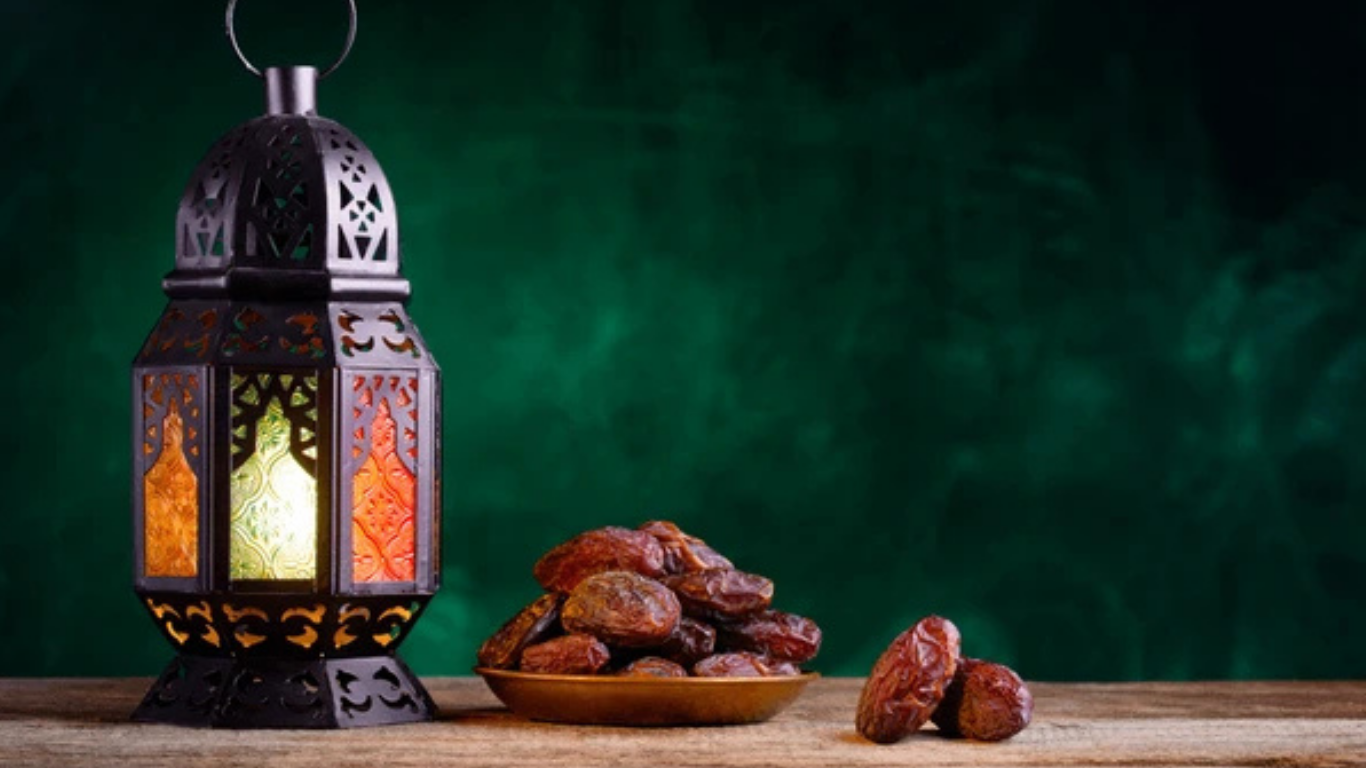
Dates have always been a special part of Arab culture. They’re naturally sweet, full of health benefits, and often enjoyed during festivals and daily life. With so many types of dates available today, it can be hard to know which ones are truly premium. From taste and texture to origin and variety, there’s a lot to consider. In this blog, we’ll guide you through how to choose the best premium Arab dates for your taste and needs. Firstly, we must answer the question of what makes a date superior.
What Makes a Date Premium?
Not all dates are the same. What sets premium dates apart is their quality, freshness, and the way they’re grown and harvested. A premium date is usually plump, soft, and naturally sweet without added sugar or preservatives. These dates are handpicked with care, often from trusted farms that use traditional growing methods.
Origins Matter
The place where dates are grown plays a big role in their taste and quality. Premium Arab dates come from regions with optimal weather and rich soil, like Saudi Arabia, Oman, Iraq, Egypt, and the United Arab Emirates.
Each region is known for its own special variety—like Ajwa dates from Madina, Sukkari from Saudi Arabia, or Fardh from Oman. The care taken during growing and harvesting in these areas helps make these dates truly premium.
Varieties and Their Features
There are many types of premium Arab dates, each with its own taste and texture. Here are some of the most popular:
-
Ajwa (Madina): Soft, mildly sweet, and rich in antioxidants. Often called the “holy date.”
-
Sagai: Golden brown with a soft center and slightly dry tip. Perfect balance of crunch and sweetness.
-
Safawi: Dark, rich, and slightly chewy with a deep flavor.
-
Medjool: Large, juicy, and very sweet—often called the “king of dates.”
-
Sukkari: Light golden, super sweet, and slightly crisp—great for dessert-like snacking.
-
Amber: Big, firm, and packed with nutrients. Rare and high in demand.
-
Duhaini: Small to medium-sized, reddish-brown, with a smooth, caramel-like taste.
What to lookout for when choosing premium dates
-
Look for Freshness: Dates should be plump, moist (but not sticky), and naturally glossy.
-
Check the Texture: They should feel soft yet firm, neither too dry nor overly stiff.
-
Color Consistency: Even color usually means better quality. Avoid dates that look dull or patchy
- Know the Origin: Dates from regions like Madina, Oman, Iraq, and the UAE are often top quality.
- Compare Varieties: Understand the flavor, texture, and ideal use (snacking, gifting, cooking) for each type.
- Buy From Trusted Sellers: Reputable retailers usually provide quality assurance and reliable sourcing.
Frequently asked questions (FAQ)
1. How should dates be stored?
Store dates in a cool, dry place. For longer freshness, keep them in an airtight container in the fridge.
2. Do premium dates contain added sugar?
No, premium dates are naturally sweet and do not contain added sugar or preservatives.
3. Are dates suitable for people with diabetes?
Dates have natural sugars, so it’s best to eat them in moderation. Always consult a doctor if unsure.
4. What’s the difference between dry and soft dates?
Soft dates are moist and juicy, while dry dates are firmer and have less moisture—each suits different tastes and uses.
5. Can dates be used in cooking or baking?
Yes! Dates are perfect for smoothies, energy balls, desserts, and even savory dishes like tagines and rice.
Conclusion
Finding the best premium Arab dates comes down to understanding the different varieties, knowing what quality looks like, and choosing trusted sources. By considering origin, freshness, and texture, you can confidently pick dates that match your needs—whether for daily snacking, special occasions, or thoughtful gifting.
